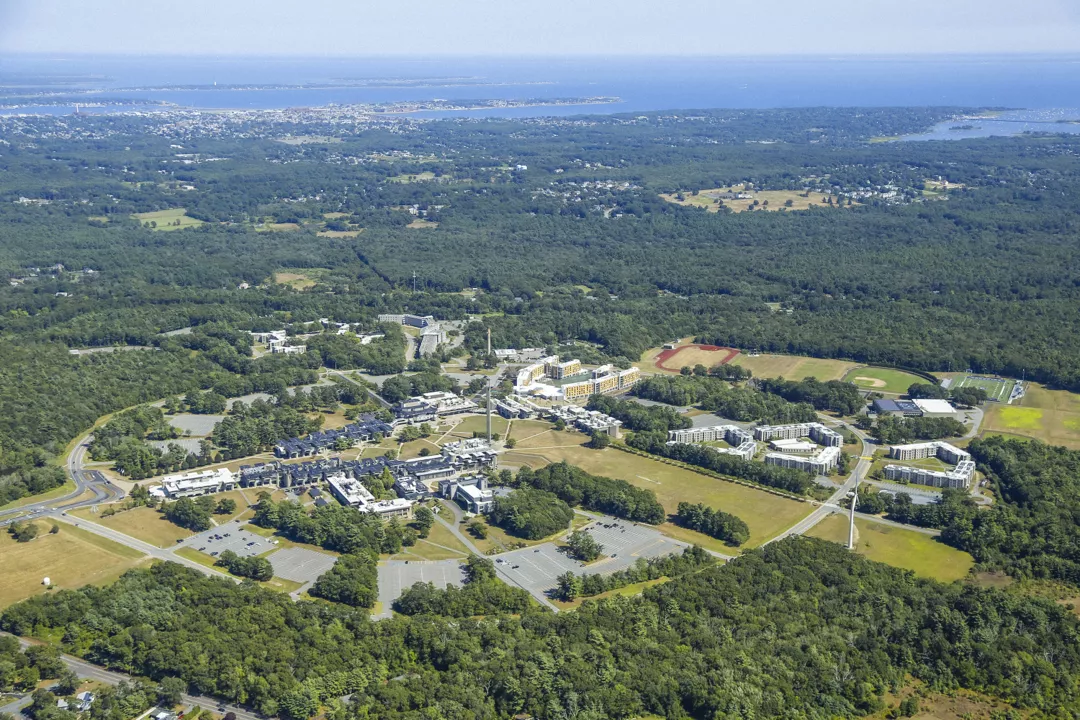-
hello@abroadcube.com
Mail us
-
Call For Help:
98779 83783
-
Whatsapp Us
70090 34921
The School for Marine Sciences & Technology (SMAST) Master of Science in Marine Science and Technology program emphasizes societal need-driven research and learning in an interdisciplinary environment. The MS program focuses on observations, modeling, experimentation, and theory in the areas of ocean sciences, ocean technology, and marine policy.
Students work independently as well as collaboratively with the renowned faculty and some of the most highly regarded oceanographic institutions and may pursue a range of leading-edge research projects in areas that include, but are not limited to, the following:
School for Marine Sciences & Technology alums succeed at becoming involved in research, teaching, and project management in academia, private industry, and governmental agencies.
A limited number of assistantships for students are available on a competitive basis. This award is subject to the work needs of the position and department, satisfactory performance of duties, academic record, and availability of funds, and may be subject to change.
| Level | Masters |
| Discipline | Sciences |
| Duration | 24 months |
| Intakes | Jan, Sep |
| Application Fees | USD 60 |
| Tuition Fees | USD 22184 |
| Campus | Dartmouth |
| Language proficiency (minimum) | |
| IELTS | 6.5 |
|---|---|
| TOEFL | 90 |
| PTE | Not Required / Waiver |
| Duolingo | Not Required / Waiver |
| Exam proficiency (minimum) | |
| SAT | Not Required / Waiver |
|---|---|
| ACT | Not Required / Waiver |
| GRE | Not Required / Waiver |
| GMAT | Not Required / Waiver |
Minimum GPA - 77.0%
QS Quacquarelli Symonds is the world’s leading provider of services, analytics, and insight to the global higher education sector, whose mission is to enable motivated people anywhere in the world to fulfil their potential through educational achievement, international mobility, and career development.
THE (Times Higher Education) has been providing trusted performance data on universities for students and their families, academics, university leaders, governments and industry, since 2004. We create university rankings to assess university performance on the global stage and to provide a resource for readers to understand the different missions and successes of higher education institutions.
The Academic Ranking of World Universities (ARWU) was first published in June 2003 by the Center for World-Class Universities (CWCU), Graduate School of Education (formerly the Institute of Higher Education) of Shanghai Jiao Tong University, China, and updated on an annual basis
The "Webometrics Ranking of World Universities" is an initiative of the Cybermetrics Lab, a research group belonging to the Consejo Superior de Investigaciones Científicas (CSIC), the largest public research body in Spain. CSIC is among the first basic research organizations in Europe. The CSIC consisted in 2006 of 126 centers and institutes distributed throughout Spain.



